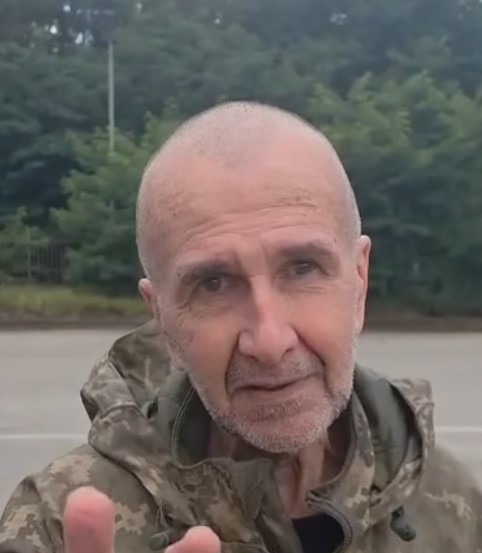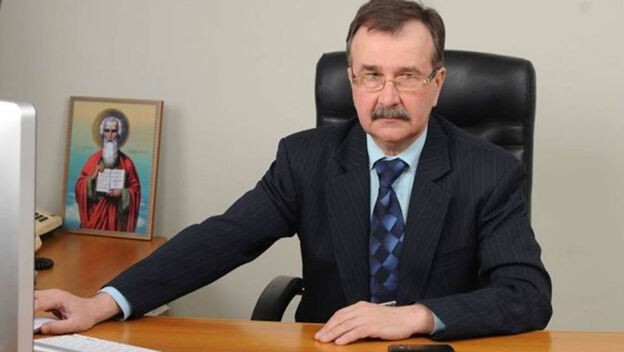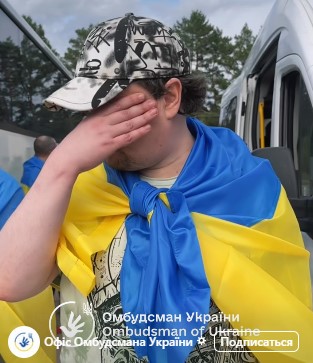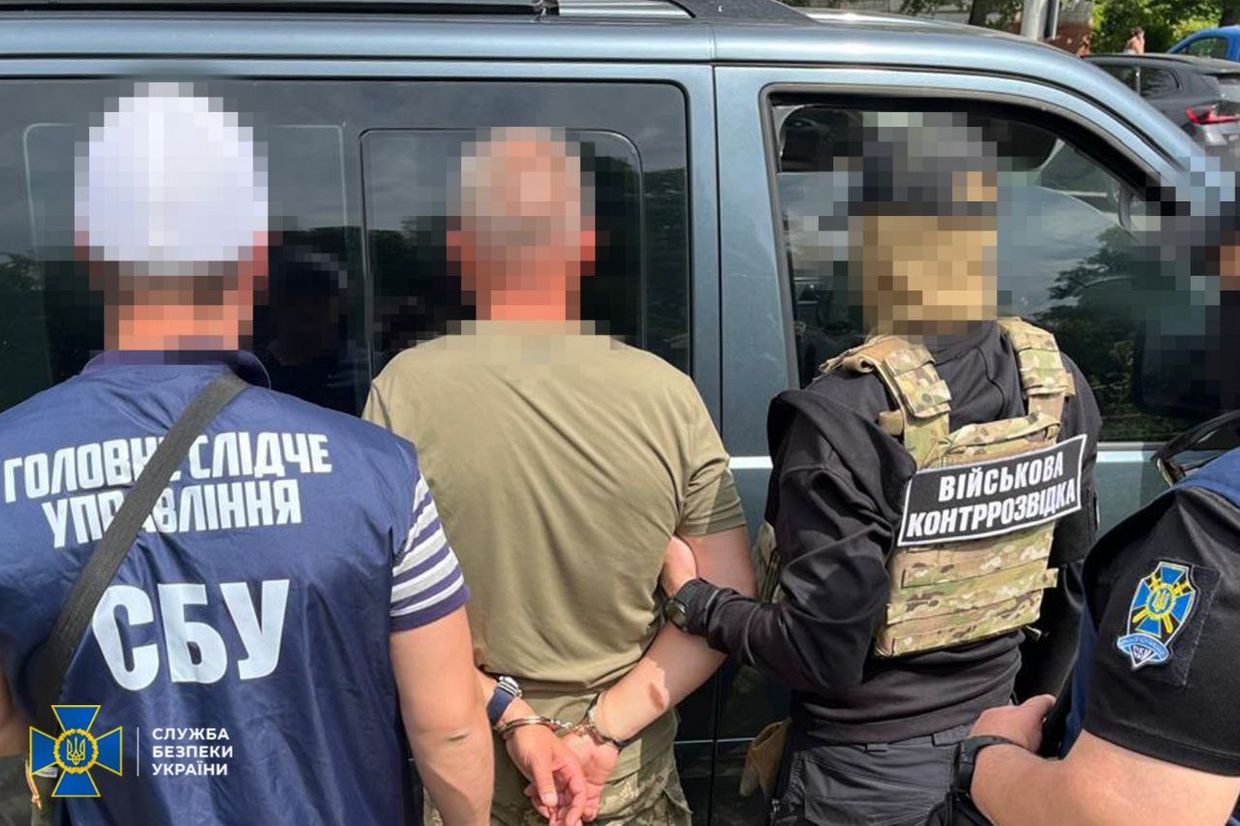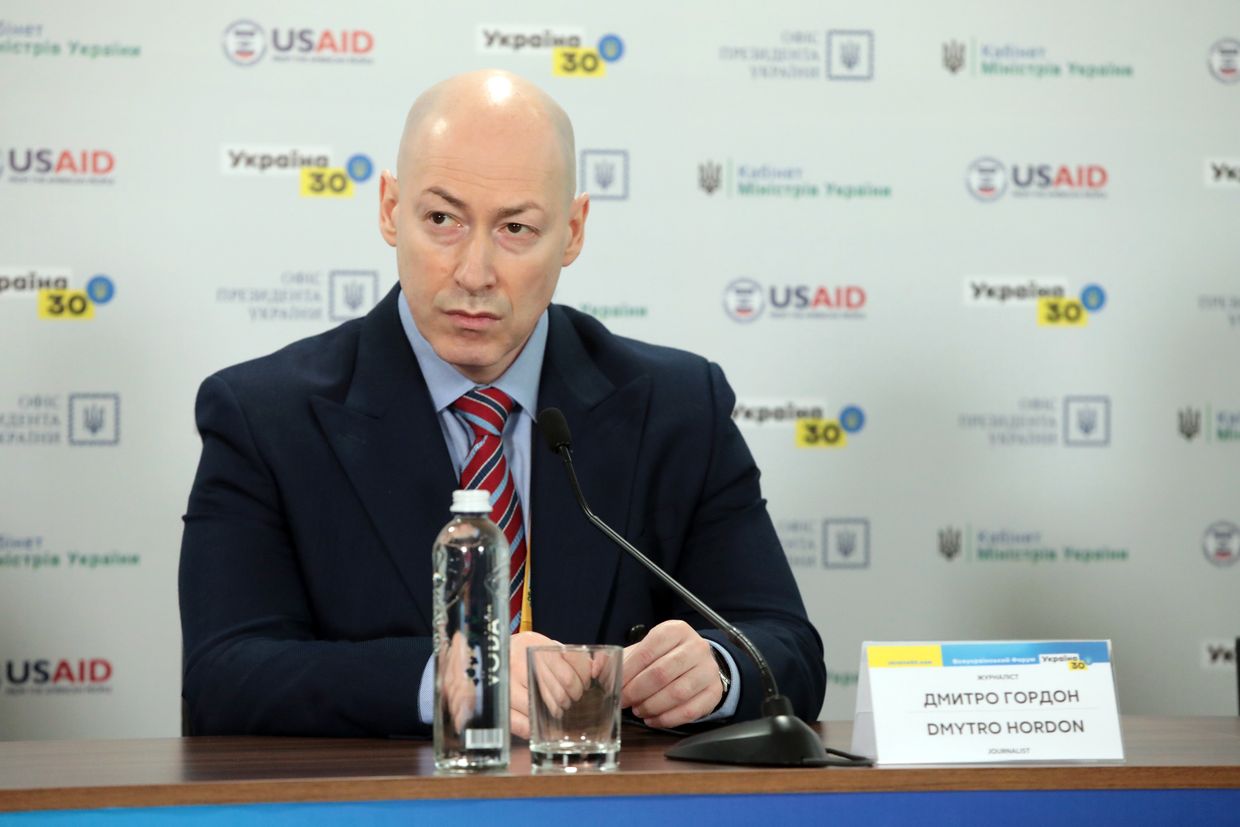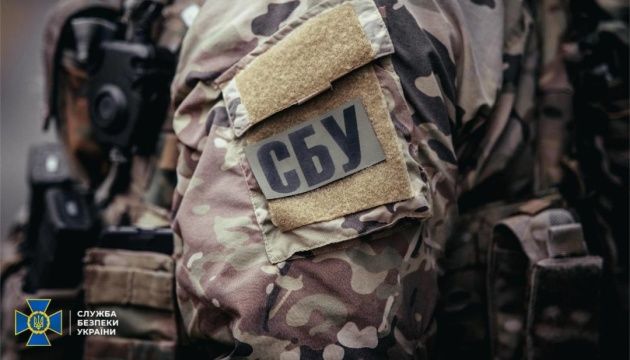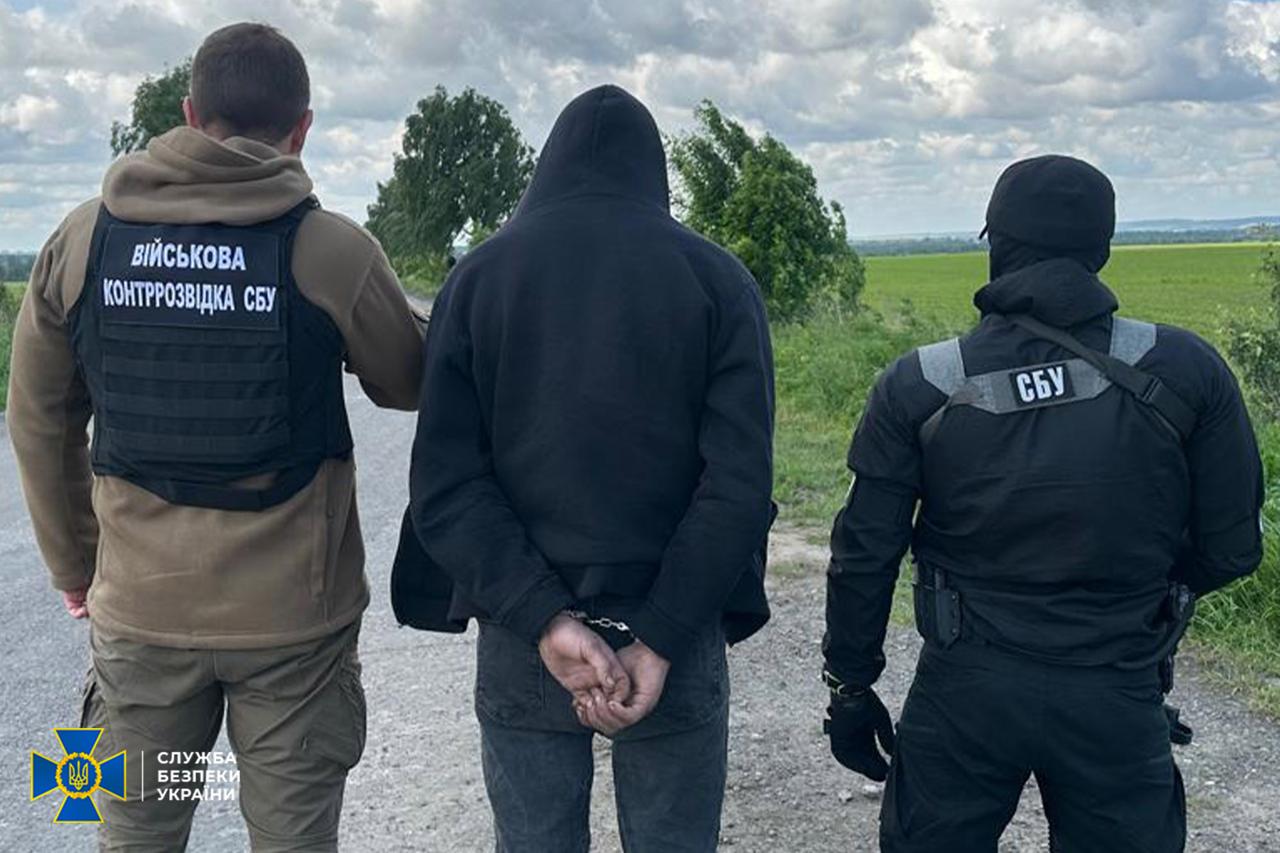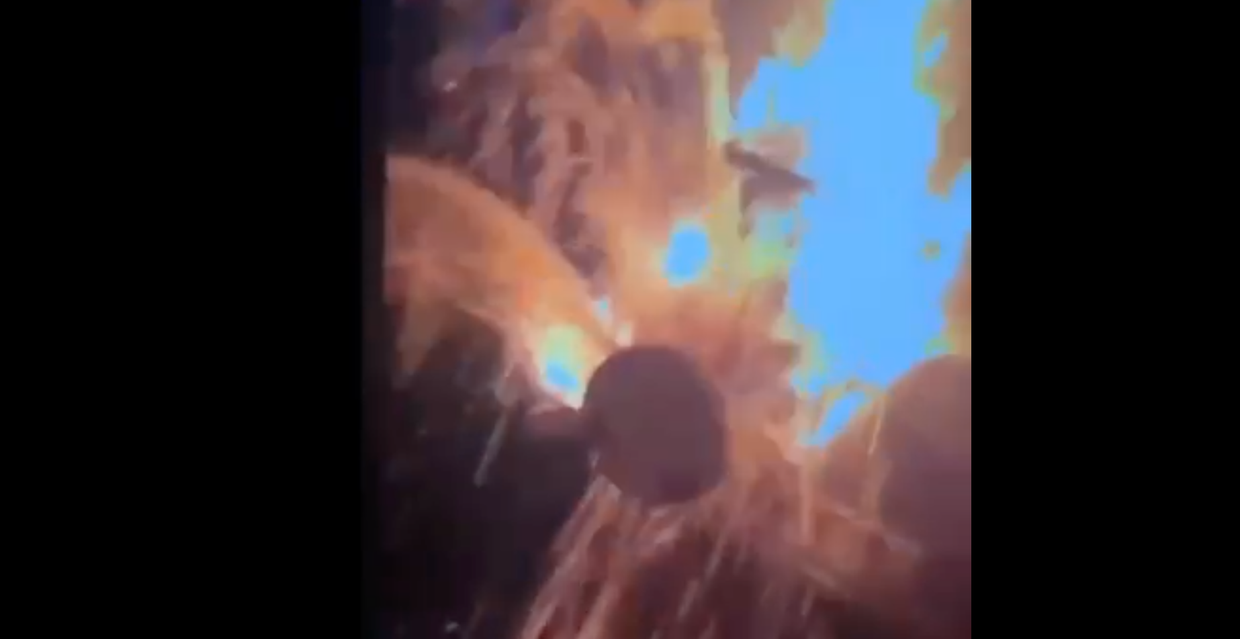Ukraine exposes Russian death lists of prominent figures after parliament speaker’s assassination in Lviv

The Russian intelligence has assassination lists, which includes Ukrainian prominent politicians, officials, and public figures. Former Speaker of the Ukrainian Parliament, Andrii Parubiy, who was killed in Lviv by a Russian agent, was in one of them even before the war, says deputy Iryna Herashchenko from his European Solidarity party, Radio NV reports.
Parubiy, 52, maintained a consistently anti-Russian stance throughout his career. He co-founded the Social-National Party of Ukraine in 1991, when Ukraine gained independence from the Soviet Union, which declared in its early program that it “considers the Russian state the cause of all troubles in Ukraine.”
The politician played pivotal roles in Ukraine’s two major democratic upheavals. During the 2004 Orange Revolution, he served as commandant of the Ukrainian House, a key protest site. Nearly a decade later, Parubiy became the de facto leader of the Euromaidan demonstrations in 2013 and 2014, aimed at fighting for Ukraine’s future int he EU and away from Russian influence,
Ukraine investigates Russian link to assassination of politician who opposed Kremlin for 30 years
Moscow behind every attempt
“From the very first second, it was clear that Moscow was behind this. Whoever pulled the trigger, Moscow was controlling it,” says Herashchenko.
The first attempt on Parubiy’s life occurred in December 2014, when a grenade was thrown near the Kyiv hotel. In 2022, the Russians added him to a “hit list” targeting dozens of Ukrainian politicians.
Telegram recruitment and psychological pressure
Herashchenko explained that Russian intelligence tried to recruit a suspect via Telegram, offering the body of Parubiy’s missing son as leverage, exploiting his emotional vulnerability.
“The person was easy prey for the FSB to execute this absolutely hellish plan,” she noted.
The European Solidarity faction is pushing for legislation to de-anonymize Telegram in Ukraine to prevent such crimes in the future.
Threats persist
Herashchenko also recalled threats during the Minsk negotiations, when Moscow-aligned actors warned Ukrainian participants.
“Do you think we don’t know where you live? Your house will be burned by the families of prisoners of war,” she repeats Russian threats to Ukrainian officials.
Russia breached the Minsk agreements, which focused on reaching peace in Donetsk and Luhansk oblasts of Ukraine, and started the all-out war in 2022.
Herashchenko emphasizes that such Russian tactics continue today, underscoring the ongoing dangers faced by Ukrainian politicians.
